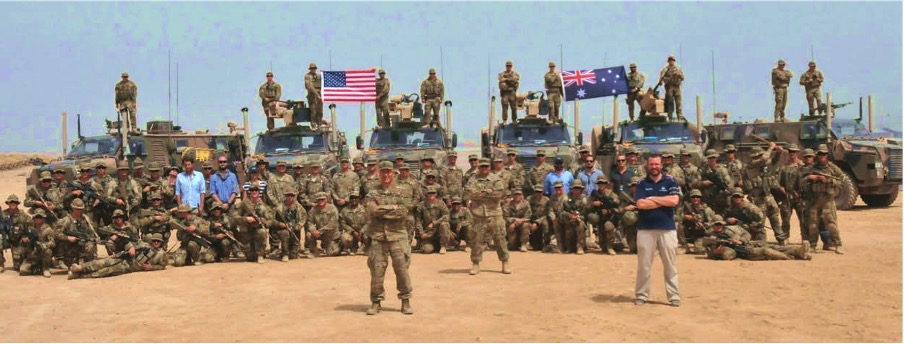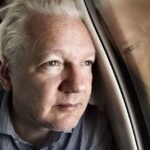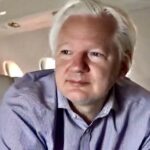The secrecy surrounding Australian foreign and defence policy protects planners from the public that elected them. The war in Afghanistan offers ample evidence.
The United States and Australia carried out an assassination campaign against the tactical leadership of the insurgency. Known as the Joint Prioritized Effects List (JPEL), it is an intelligence-driven assassination program enabled by drones and special forces.
The dynamic involves assassinating insurgents without dealing with the root causes of the insurgency. Some Australian forces participated in this assassination campaign, which was known by various euphemisms.
The JPEL-based assassination program was no secret to the Taliban, nor to the population of Afghanistan, some of whom were killed or maimed while merely attending weddings or tending their farms. Nor was it a secret to the intelligence services of neighbouring states like Russia, China, Iran and Pakistan.
But it was a secret to the Australian public, who had no way to hold the government to account.
Instead, the Australian Defence Force gave media prominence to Sarbi, a black Labrador explosives detection dog who became separated from her handler, presumed dead, to be found again a year later.
One can hardly blame Australians for lacking expertise when they are deliberately kept in the dark.
Policy-makers usually claim they have a unique ability to judge what constitutes harm to national security.
In relation to AUKUS, then foreign minister Marise Payne said: ‘Nobody who is not part of those discussions and is not part of the decision-making process can ever know—and frankly nor should they know—the detail and the depth of the considerations that governments go into. These have to be done in a confidential way.’
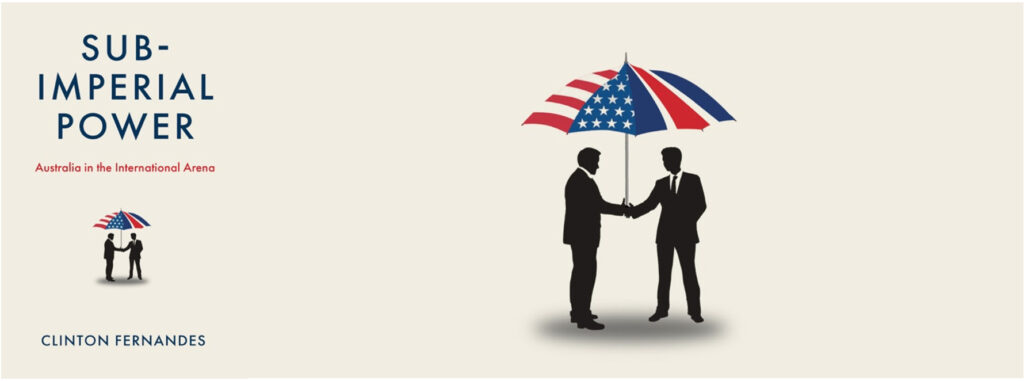
But secrecy in these circumstances does not protect the Australian public. Rather, it protects the security establishment from knowledge of its actions by the Australian public. It allows planners to uphold the US-led imperial order under the guise of Australia’s national interest. It insulates the real aims of policy from robust, evidence-based debate.
This is not national security in any meaningful sense. For all the mystique and secrecy, practitioners have not demonstrated that they possess some special body of technical knowledge that renders them uniquely qualified to determine what constitutes a legitimate reason for secrecy.
Concepts in national security, foreign affairs and the social sciences more generally are accessible to the average human being. Of course, the intelligence agencies have scientific and technical desks whose analysts assess the existence of (say) weapons of mass destruction in Iraq. These analysts do require a relevant technical background.
But anyone can understand the social and political implications of these studies if institutions do not work actively to exclude them.
Judgements about national security or foreign affairs rely not so much on expertise, as on ideology.
It was not that long ago that India—now a great friend and member of the Quad [Quadrilateral Security Dialogue with Japan, Australia and USA]—was regarded as a potential threat to Australia. When India conducted nuclear tests in 1998, the Howard government recalled its high commissioner to New Delhi and imposed sanctions. The Labor opposition condemned what it called ‘an outrageous act of nuclear bastardry’.
Australia had an important card to play: it has about 40 percent of the world’s known resources of low-cost uranium. It could deny India uranium exports because India did not sign the Nuclear Non-Proliferation Treaty (NPT). A few years later, the United States changed its export control laws to permit assistance to India’s nuclear programs. Labor was in office.
The United States asked prime minister Kevin Rudd to support the ‘cooperative arrangement with New Delhi’. Six months later, foreign minister Stephen Smith gave a private assurance to his Indian counterpart that Australia would support an exception for the US–India nuclear deal. He confirmed this publicly soon afterwards.
In 2016, the Nuclear Power Corporation of India and US-based Westinghouse Corporation agreed to build six nuclear reactors in India. The next year, Australia’s first shipment of uranium left for India. This made India the only country in the world to possess nuclear weapons, not be a party to the NPT and still be permitted to engage in nuclear commerce.
Today, of course, India is considered a partner with Australia in upholding a ‘rules-based international order’ in a ‘free and open Indo-Pacific’.
Australia has acted as an imperial power. The Department of Foreign Affairs’ internal legal advice, as early as February 1975, was that an Indonesian invasion of Timor-Leste, then known as Portuguese Timor, ‘would fall into the category of outright aggression’.
Aggression, as the Nuremberg Tribunal declared, is ‘not only an international crime; it is the supreme international crime differing only from other war crimes in that it contains within itself the accumulated evil of the whole’.
The Whitlam government gave Indonesia the green light to invade Timor-Leste. The Fraser government legitimised the occupation by recognising Indonesian sovereignty over the territory, and helping it diplomatically when its military operations caused the deaths of about 31 percent of its population—the largest loss of life relative to total population since World War II.
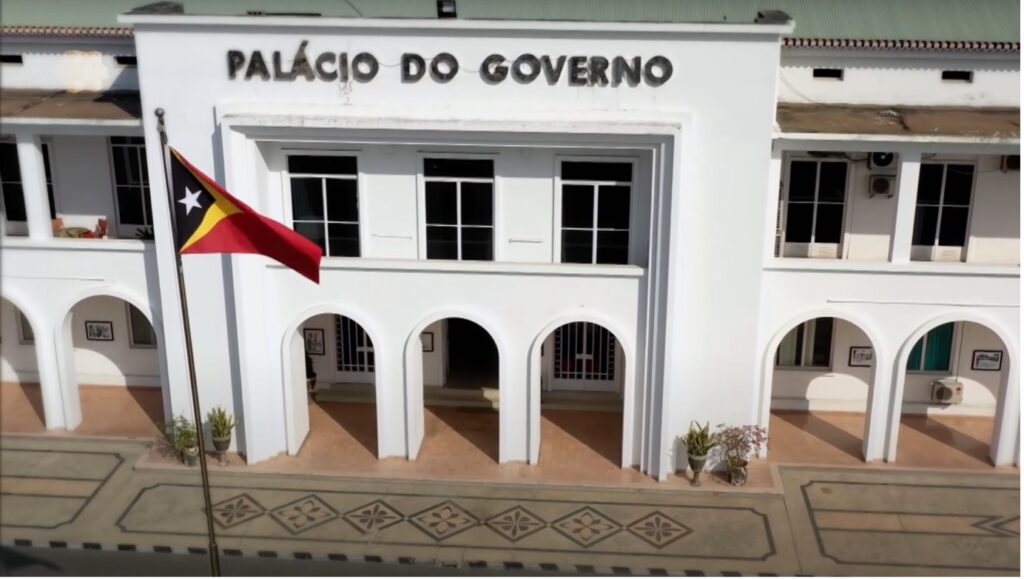
Australian intelligence agencies targeted the survivors and their descendants in espionage and other operations for the purpose of depriving them of control over their sole major natural resource: their oil and gas fields. Bernard Collaery, the lawyer who disclosed one operation, fought in the courts to have his trial conducted in public. In July 2022, the new Attorney-General finally dropped the prosecution against him.
A public trial might show Australians that the espionage operation occurred under cover of an aid project, jeopardising the safety of Australian aid workers everywhere. It also diverted precious resources of the Australian Secret Intelligence Service (ASIS) away from the war on terrorism. When the ASIS team was in Timor-Leste in September 2004, Jemaah Islamiyah terrorists succeeded in bombing the Australian embassy in Indonesia.
The foreign affairs minister at the time of operations against Timor-Leste, Alexander Downer, worked as a lobbyist for Woodside Petroleum after leaving parliament in 2008. The secretary of the Department of Foreign Affairs and Trade, Dr Ashton Calvert, retired and joined the board of directors of Woodside.
Professor Andrew Serdy, a former DFAT officer, said: ‘Senior officials at all times simply assumed—whether because of direction to that effect by ministers or their offices I do not know—that the national interest was identical to Woodside’s.’
The Australian public should not be accused of callous indifference when the ideological institutions deceive them about what happened in Timor-Leste for twenty-four years and what the Australian government did.
They do not know, for example, that just an hour’s flight from Darwin, East Timorese women were enslaved sexually without fear of reprisal and with the knowledge and complicity of the Indonesian security forces, the civilian administration and members of the judiciary.
Australia sent weapons to Indonesia and shielded it from international criticism. Tim Fischer, deputy prime minister in the Howard government, praised Indonesian dictator Suharto as ‘perhaps the world’s greatest figure in the latter half of the twentieth century’.
A bipartisan elite consensus shields foreign policy from public scrutiny, ensuring that it does not enter the terrain of political contestation.
Australian public opinion on foreign policy issues is rational in this sense; a valuable study by Caroline Yarnell showed that public opinion responds reasonably to triggers such as international events and statements by political leaders.
The public responds rationally to the facts it sees. Inconvenient facts are not censored but are buried all the same; in principle, they are discoverable, but in reality they are out of the public’s awareness because, without regular repetition, no one remembers them.
And they have to remain unrepeated and unemphasised precisely because of Australia’s democratic freedoms. If they were front and centre, they would never be tolerated by Australians.
The question of whether the powerful really believe in their own benevolence is irrelevant as a guide to political action. It might preoccupy writers and others who are entranced by elite sentiment. For those concerned about reforming foreign policy, however, the task is to change the domestic structure of power.
—
* This is an edited extract from Clinton Fernandes’ book, Subimperial Power: Australia in the International Arena, published 5 October 2022, by Melbourne University Publishing.
